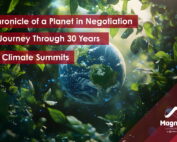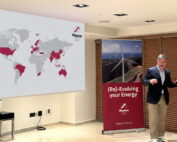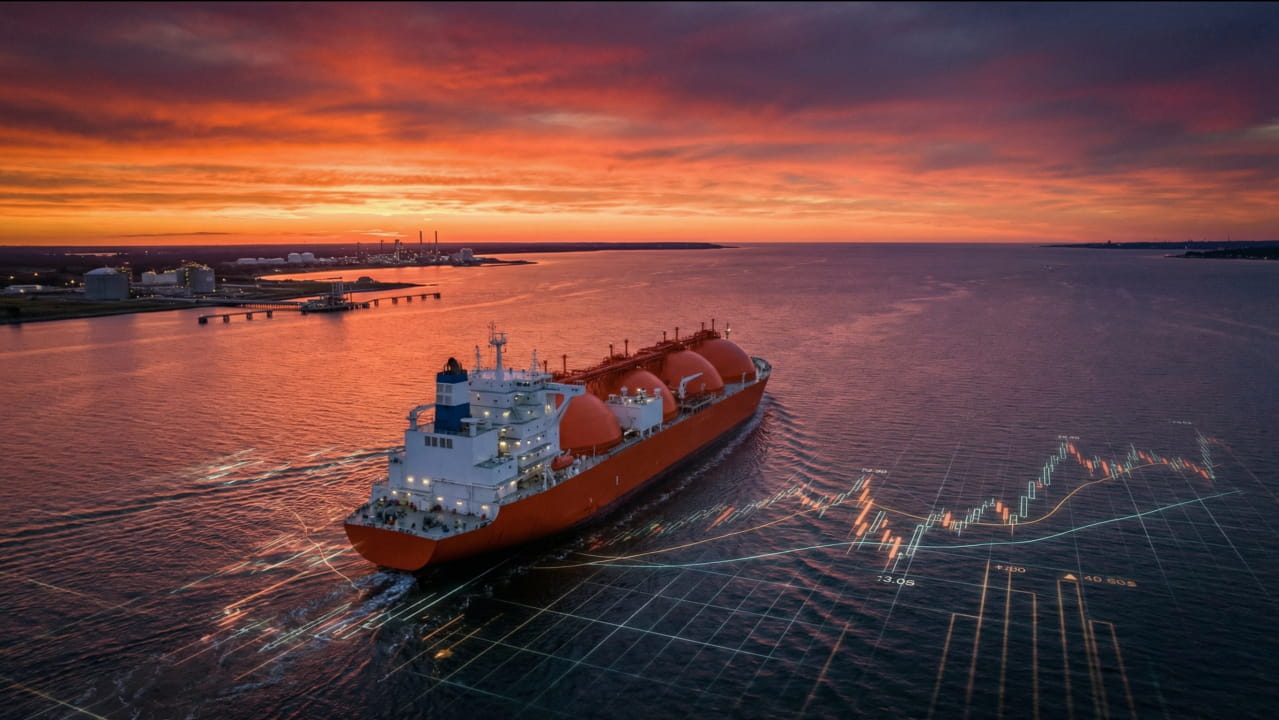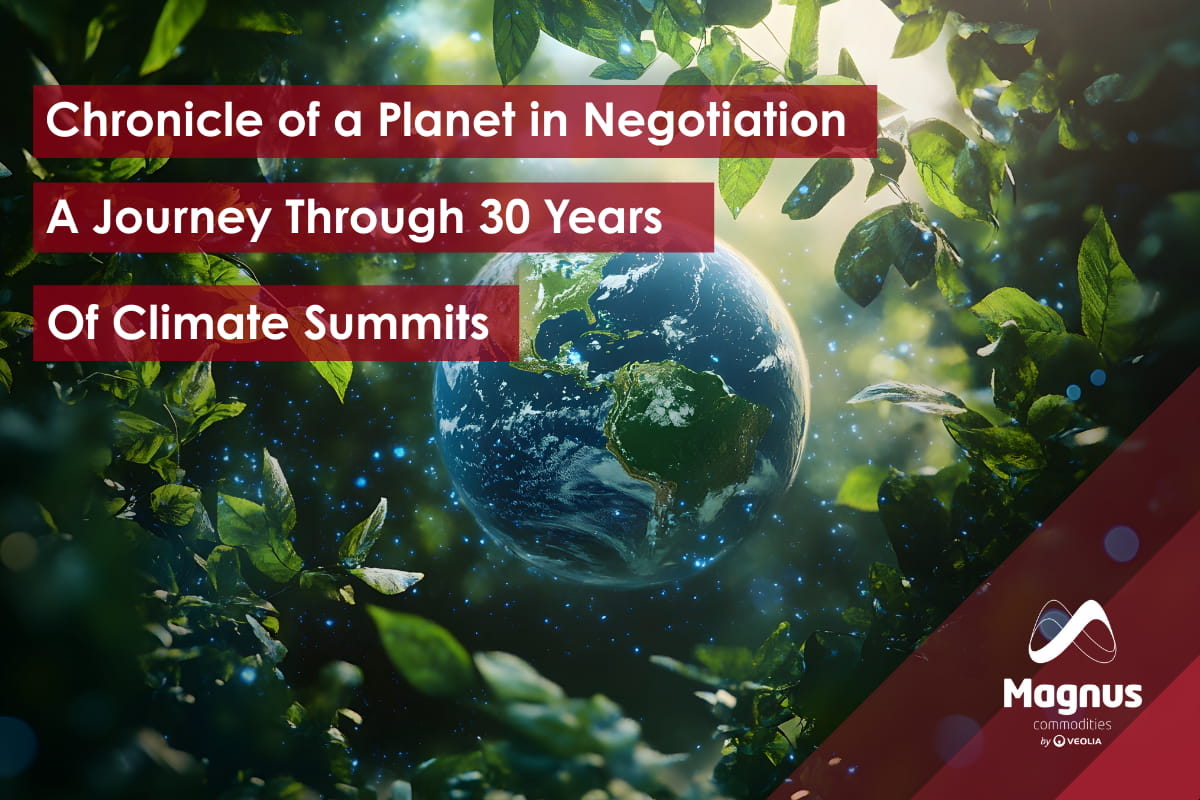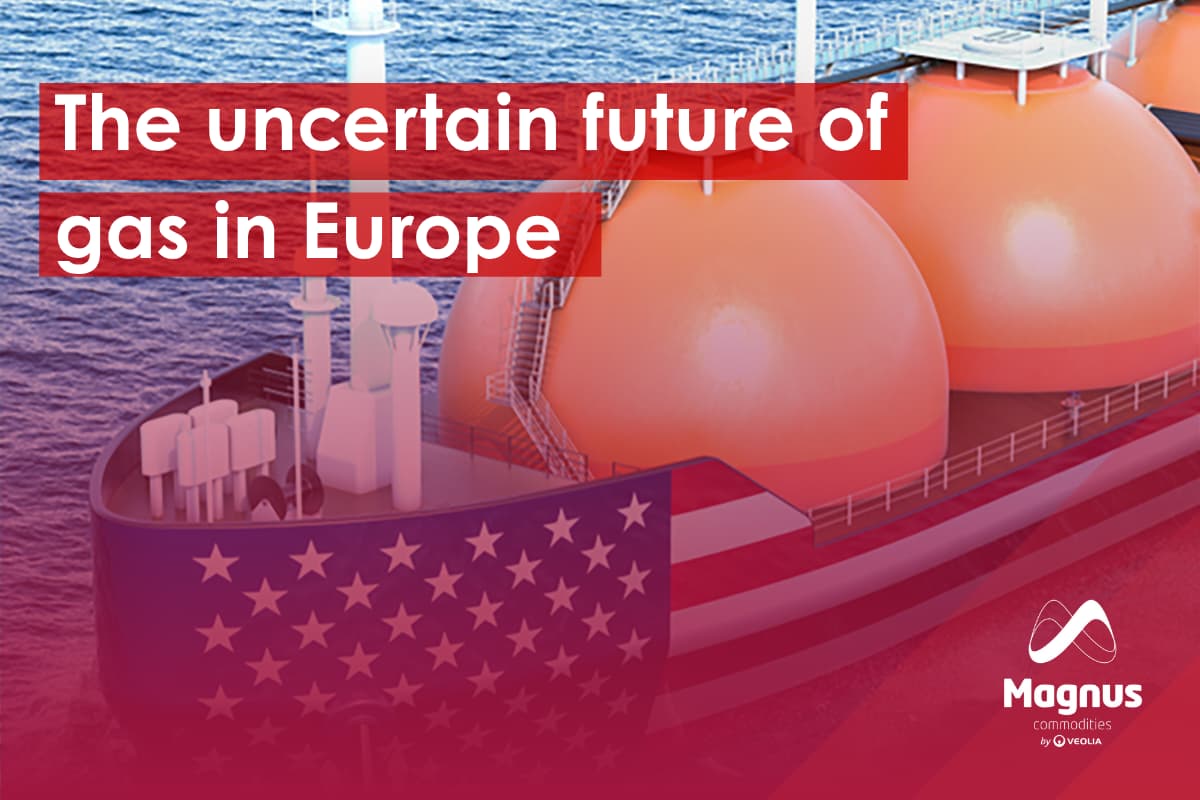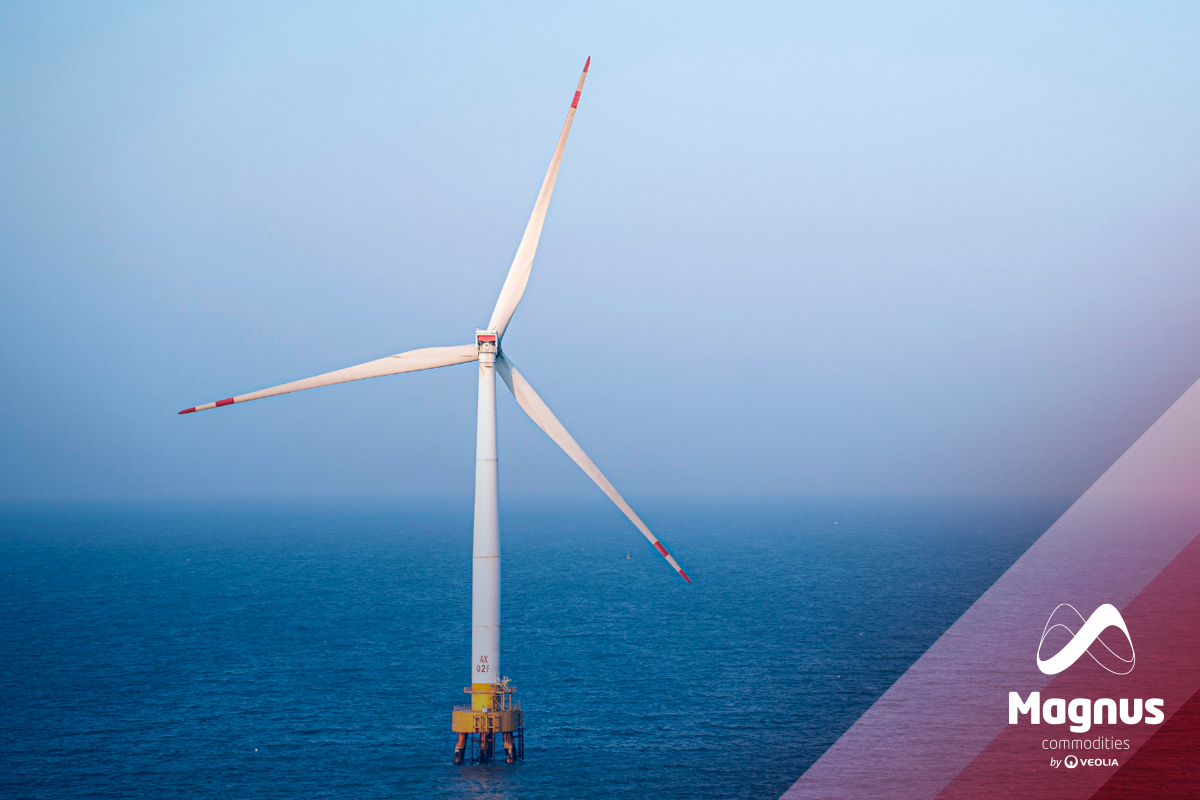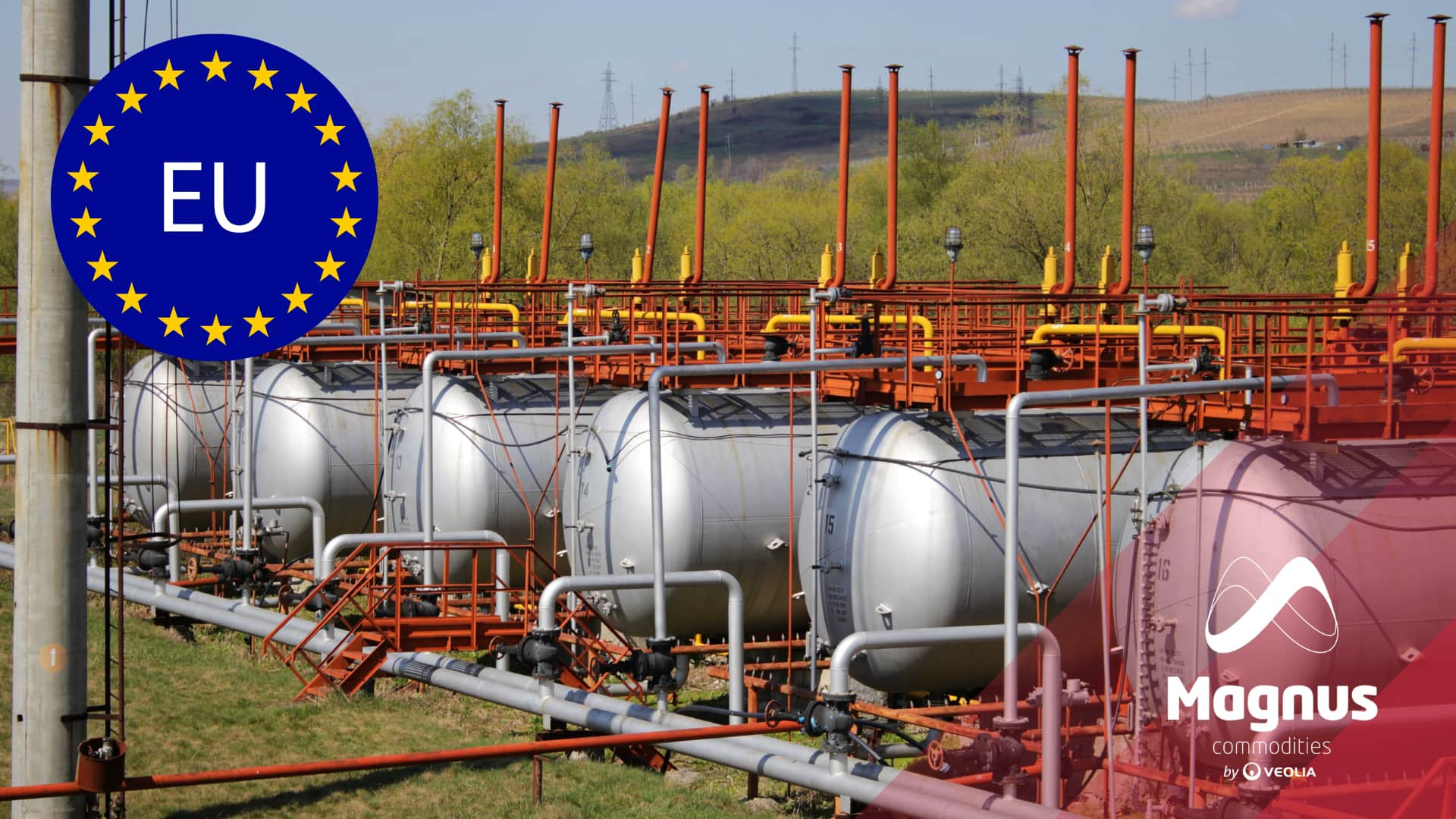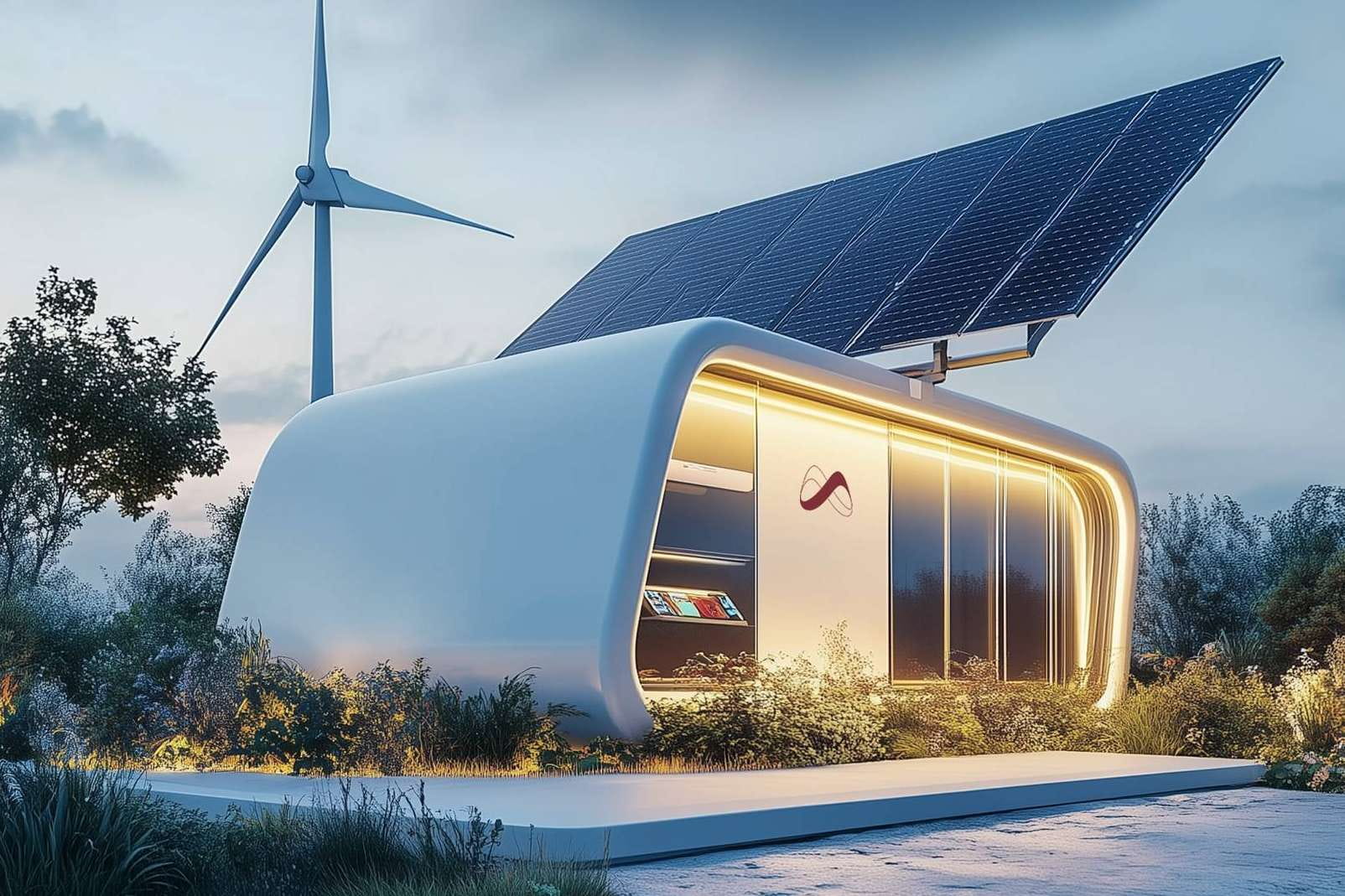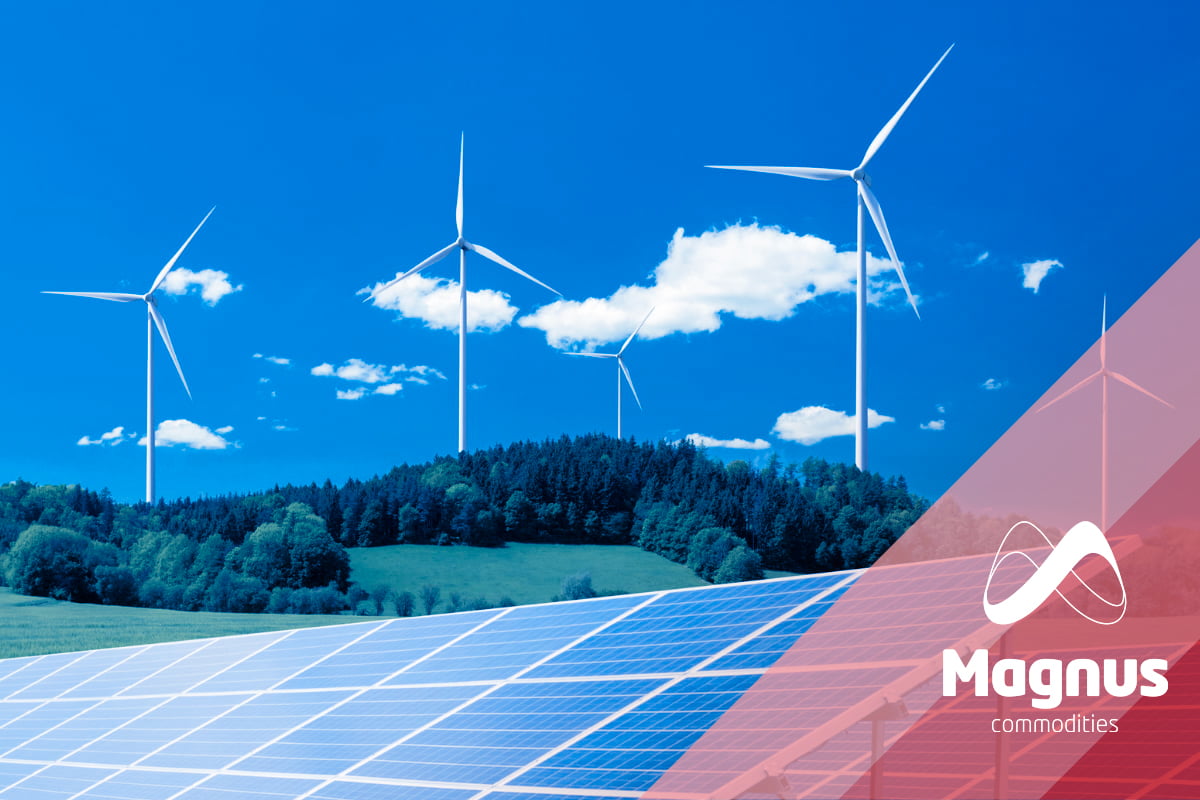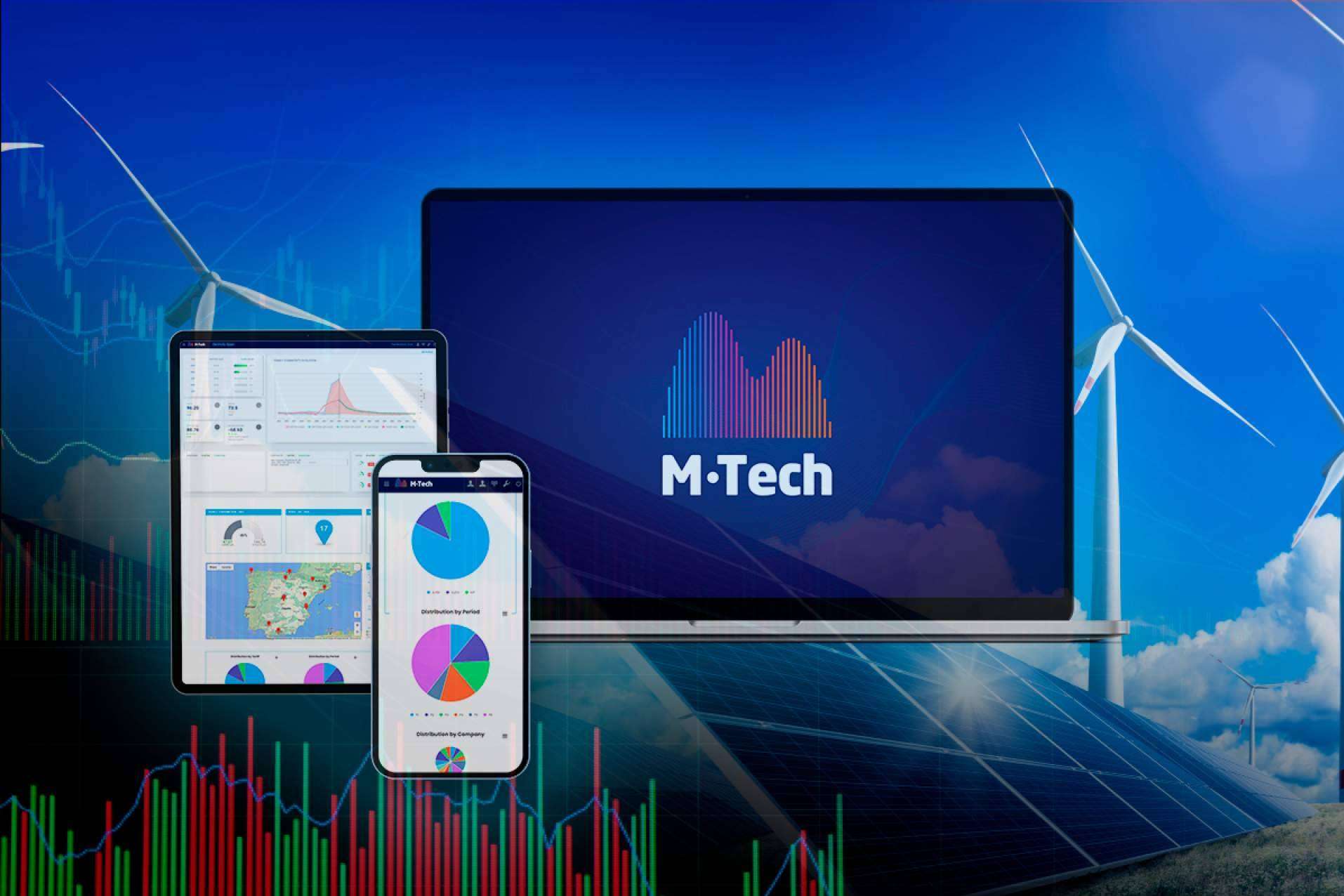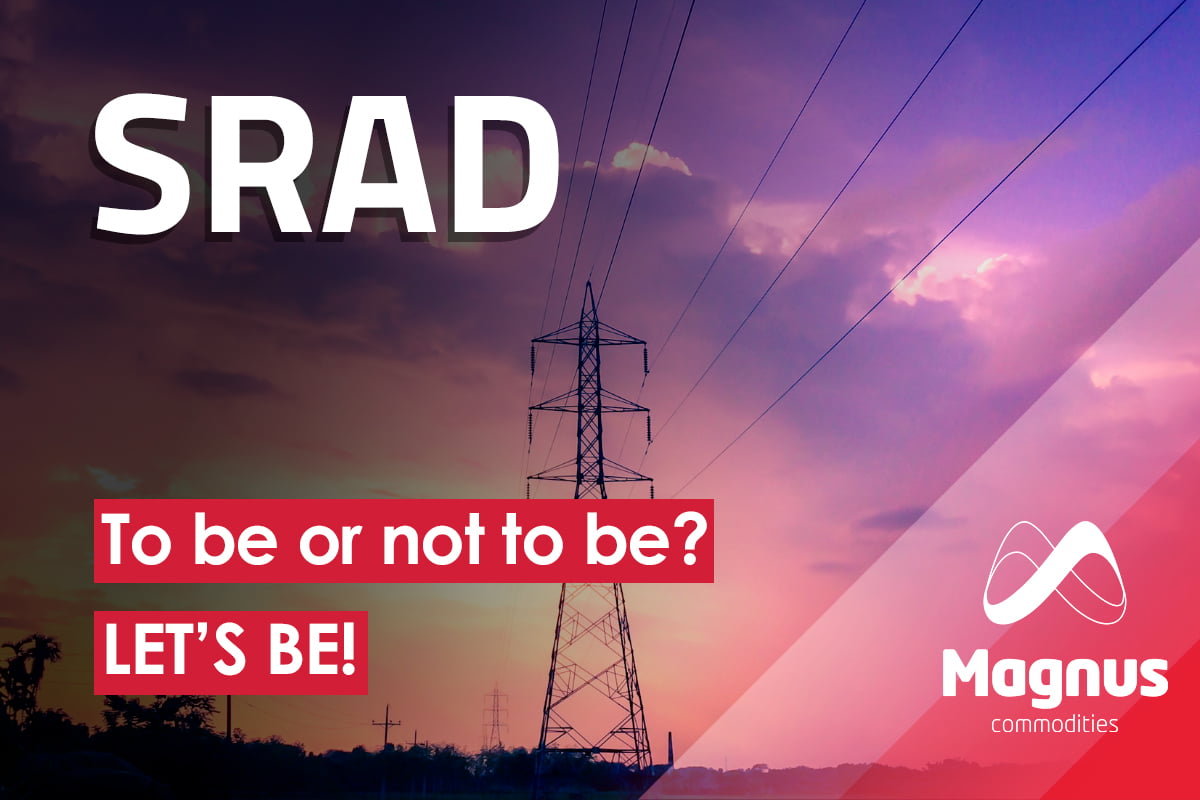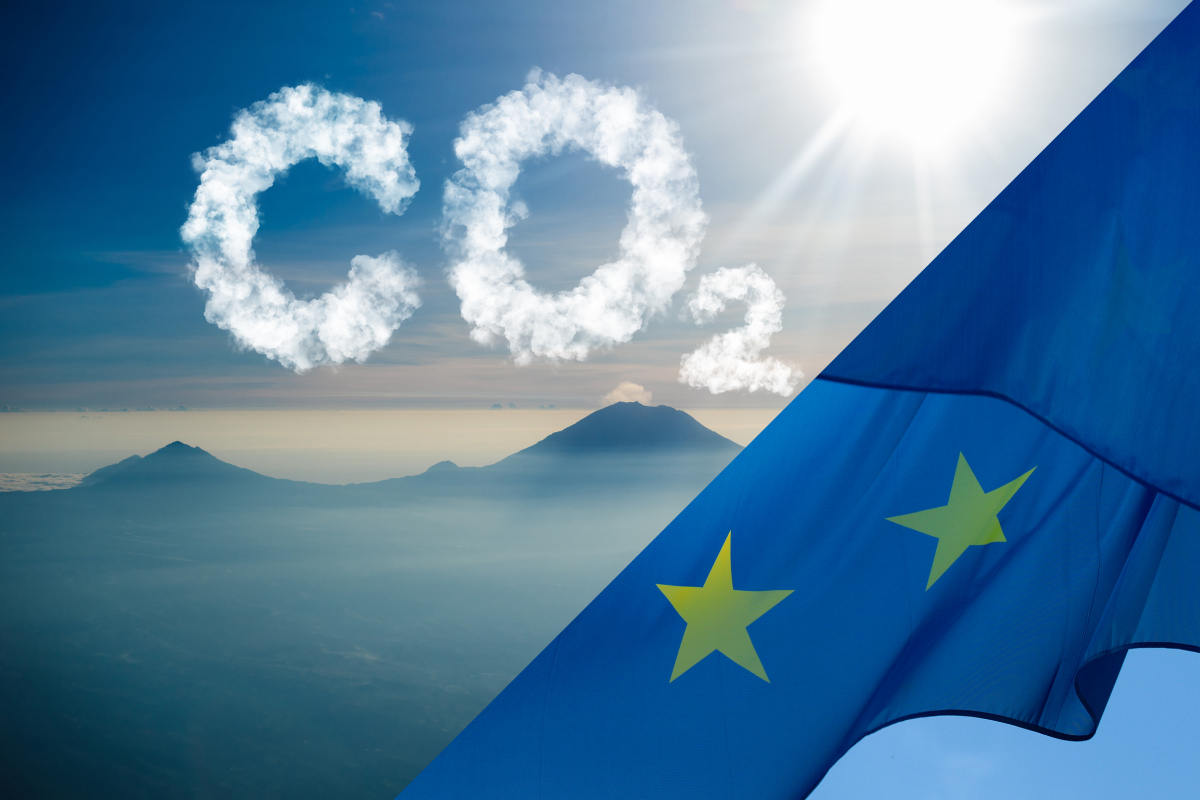
In 2016 the European Commission presented the Clean Energy Package for all Europeans with the aim of defining the stable legislative framework needed to facilitate the clean energy transition. 2018 is the year in which each of the countries of the European community must make public their energy transition measures.
It has been a politically complex year and what began as a commitment at the beginning of the year by former Minister Nadal with the previous government, has become a reality in the hands of Teresa Ribera’s team in the PSOE. The Government has not wanted to delay and has presented these measures through a Royal Decree-Law with the objective of not delaying its application and hoping that these have an effect in the current situation of escalating prices in the electricity market.
This RDL presents 21 articles, 9 additional provisions, three of transitory and six final. It is an ambitious document because of its objectives and which aims to face the paradigm change of the electrical system as we have known it.
The measures presented are included in 3 major chapters:
- Measures for the protection of consumers
- Self-consumption of electricity
- Measures for the energy transition
Consumer protection measures :
These are temporary in that the Government is given 6 months to approve a National Strategy to Combat Energy Poverty. The objective is to extend the perimeter of government aid to vulnerable (domestic) consumers to mitigate the effect of rising energy costs in recent months. They review and relax the conditions to access benefits and / or discounts, as well as their protection against possible supply cuts. The Vulnerable consumer will have a 25% discount on all the terms of the PVPC and the severe Vulnerable Consumer will obtain up to 40%.
For the beneficiaries of the Social Bonus, a program of aid is created aimed at energy for heating, sanitary hot water or cooking, called the Social Thermal Bond.
The commercial action of the electric suppliers will be limited with by not permitting home visits for commercial purposes and the final consumer will have more information from his supplier of reference. The consumer may also adjust his contracted power capacity in steps of 0.1 kW when the power capacity does not exceed 15kW and has a counter that allows time discrimination and remote management.
Measures for self-consumption :
To meet the objectives of penetration of renewable energy set by the European Union for 2020, achieve that 20% of energy consumption comes from renewable sources, and materialize the objectives of the Paris Agreement in the horizons 2030 and 2050, Spain must accelerate the integration of renewable energies in its energy mix. The approved Royal Decree-Law incorporates measures to eliminate, immediately, regulatory barriers that impede this energy transition. One of them will be to grant an exceptional extension, and only once, for the access and connection permits granted prior to the approval of Law 24/2013, in whose absence they would expire on December 31, 2018. Through this extension, until March 31, 2020, it will be possible the entry into operation in 2020 of the nearly 9,000 MW of power awarded in the last auctions of renewable and previous procedures.
Law 24/13 (Self-consumption of electrical energy) of RD 900/15 is modified. In these modifications it is declared that from now on there are only two possible modalities of self-consumption “With Surplus” (with injection to the grid, in which case there will be two types of subjects: the consumer and the producer) and “Without Surplus” (without injection to the grid) to network). Self-consumption is understood as consumption by one or several consumers of electricity from production facilities close to the consumption and associated with them.
The administrative record of self-consumption of electric power will be created in the Ministry for the Ecological Transition, which will be telematic, declarative and of free access.
The renewable self-consumed energy, cogeneration or waste will be exempt from all types of charges and tolls (elimination of the sun tax). In the case of transfer through distribution in nearby facilities for the purpose of self-consumption, amounts may be established that result from application for the use of said network.
The surpluses of the generation facilities associated with self-consumption will be subject to the same treatment as the energy produced by the rest of the production facilities, as well as the energy deficits that the self-consumers acquire through the transport or distribution network will be subject to the same treatment as those of other consumers.
Additionally, simplified compensation mechanisms may be developed between deficits of the self-consumers and surpluses of their associated production facilities, which in any case will be limited to powers of these not exceeding 100 kW. ”
Article 65.35 of Law 24/13 on non-compliance with the established requirements and obligations is repealed.
Measures for the energy transition:
Among others,Real Decreto 413/2014, of June 6, is modified, regulating the activity of producing electricity from renewable energy sources, cogeneration and waste, and adding The following paragraph to the RD:
For the purpose of calculating the number of equivalent hours of operation, the energy sold in the market or, in the case of cogeneration, energy generated in busbars, in those hours during which the daily market prices of Electricity is zero for six consecutive hours or more.
Also, regarding the administrative, technical and economic conditions of the electric power supply modalities with self-consumption and production with self-consumption, the Second Additional Provision of this RD-Law establishes that they will be exempt from obtaining access and connection permits for generation the following self-consumption facilities:
a) Acceptance to the no surplus modality included in article 9.1.a) of Law 24/2013, of December 26, of the Electricity Sector.
b) Those with production power equal to or less than 15 kW that are located in urbanized land that has the endowments and services required by urban planning legislation.
For its part, the Chapter dedicated to Sustainable Mobility includes the modification of various articles of Law 24/2013, of December 26, of the Electricity Sector, being relevant the new wording will remain so for “Article 48. Energy recharging services.
- The main function of the energy recharging service is the delivery of energy for free or for a consideration through vehicle charging services and storage batteries in conditions that allow charging efficiently and at minimum cost for the user. and for the electrical system.
- The energy recharge services may be provided by any consumer and must comply with the requirements established by regulation by the Government. The provision of recharging services in one or several locations may be carried out directly or through a third party, in an aggregate manner by a holder or by several holders through interoperability agreements.
- Vehicle refueling facilities must be inscribed in a list of recharging points managed by the Autonomous Communities and by the Autonomous Cities of Ceuta and Melilla corresponding to the location of the points, which will be accessible to citizens by electronic means. “
No doubt relevant measures and whose effects we will see in the coming months / years. What seems clear is that these measures will not have an short term effect on the Iberian electricity market because none of the measures has a significant impact on the variables of a marginal market that is setting record highs in the hand of fossil fuels, the price of CO2 and hydraulic management.
If you found it interesting, please share it!
Recent Articles

